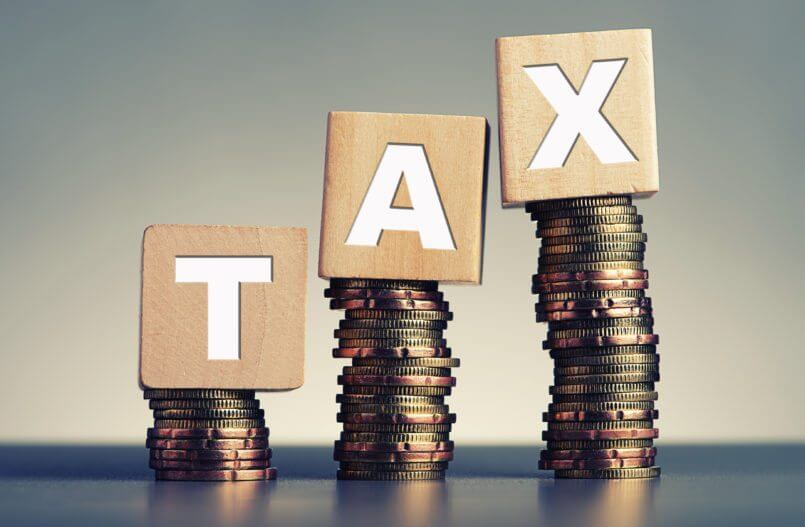In the United Kingdom, every income derived from various sources such as job, business or virtual currency is taxed based on principle. Nowadays, the new technique of making a profit is generating revenue by using cryptocurrency through various exchanges. On 19th December, UK Government issued guidelines on cryptocurrency taxation according to HMRC (Her Majesty’s Revenue And Customs). HMRC is a non-ministerial office in the United Kingdom responsible for setting up the crypto-taxation, customs and revenue policies. It also manages regulative administrations which involve national minimum wage.
According to the government, most of the UK citizens make the profit by holding digital assets like Bitcoin. HMRC recognized that cryptocurrencies could be utilized to pay for goods and services such as eateries internet retailers who accept payment in cryptocurrency. And, this paper laid the current legislation regarding taxation policy of revenues on trading Bitcoin as well as other cryptocurrencies. Therefore, investors now have to pay capital tax. According to the recent news:
“IN THE VAST MAJORITY OF CASES, INDIVIDUALS HOLD CRYPTOASSETS AS A PERSONAL INVESTMENT, USUALLY FOR CAPITAL APPRECIATION IN ITS VALUE OR TO MAKE PARTICULAR PURCHASES. THEY WILL BE LIABLE TO PAY CAPITAL GAINS TAX WHEN THEY DISPOSE OF THEIR CRYPTOASSETS.”
HMRC laid guidelines for those who are making profits from Bitcoin or other cryptocurrencies in whatever manner:
1. Bitcoin Miners
2. Bitcoin Traders
3. Bitcoin Exchanges
4. Bitcoin Payment processors
5. Bitcoin Service Providers
The taxation policy is based on the existing set of rules for securities while trading bitcoin. It goes as following:
“A TRADE IN CRYPTOASSETS WOULD BE SIMILAR IN NATURE TO A TRADE IN SHARES, SECURITIES AND OTHER FINANCIAL PRODUCTS. THEREFORE, THE APPROACH TO BE TAKEN IN DETERMINING WHETHER A TRADE IS BEING CONDUCTED OR NOT WOULD ALSO BE SIMILAR, AND GUIDANCE CAN BE DRAWN FROM THE EXISTING CASE LAW ON TRADING IN SHARES AND SECURITIES.”
As per HMRC “cryptocurrency is a digital representation of value or contractual rights which can be traded electronically, stored, or transferred. They can be used as exchange tokens, utility tokens, and security tokens.
VAT Taxation Cryptocurrencies
Initially, VAT policies were applicable according to below scenarios:
1. Revenue generated from crypto mining activities are out of the scope of VAT as it is non-commercial activity. This is only because of the inadequate connection between assistance furnished and payment received.
2. Revenue derived by Bitcoin or any other crypto miners for other ventures does not come under VAT under article 135(1)(D) of EU VAT Directive.
3. No VAT is payable on the value of cryptocurrency when it is exchanged for foreign currencies like Euros or Dollars.
Nevertheless, for all the above cases i.e., for any cryptocurrency transactions made to trade any goods or services, VAT is payable. The sterling value of the cryptocurrency at the time of the transaction will be the cost of goods and services at which VAT is payable.
In the United Kingdom, the tax practice on every transaction which involves cryptocurrency is being tested based on all real-time situation. Because of the constantly evolving nature of the crypto world, the HMRC is planning to publish further guidelines for the tax processing of cryptocurrencies and foreign exchange.

